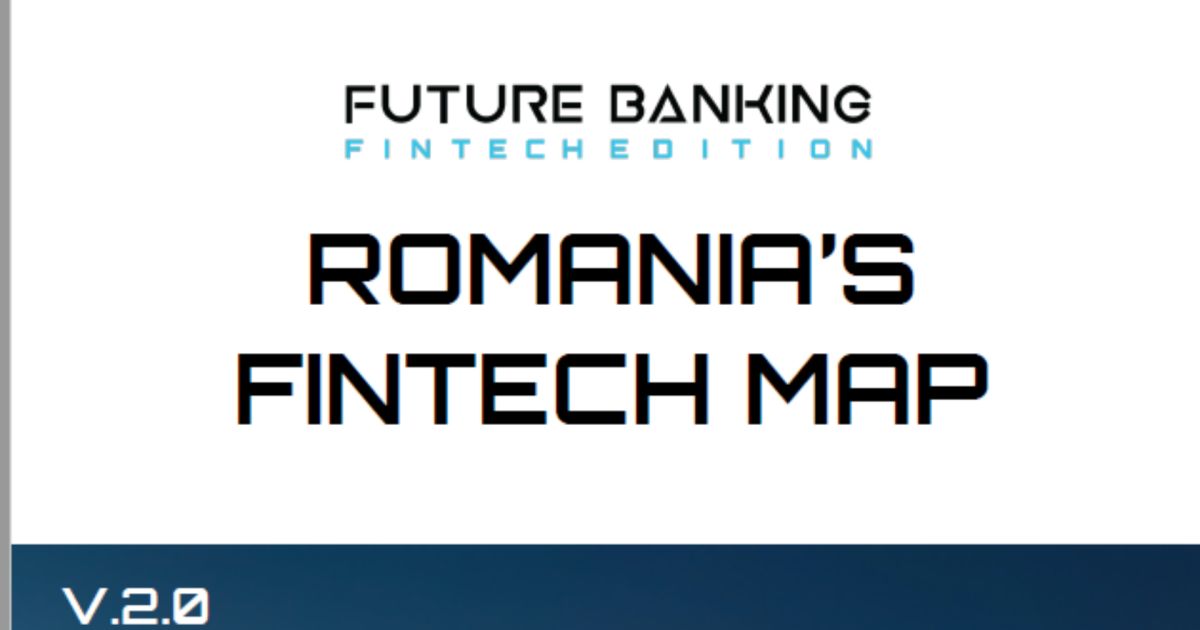
Romania’s Fintech Map 2020
Răzvan Enache, Project Manager Future Banking reported about Fintech Map 2.0:
What went wrong and the major disappointment of the last year
Last year, we drew Romania's Fintech Map by the effort of a bunch of Fintech enthusiasts. Despite being a work in progress endeavor, mapping the local fintech landscape was an essential milestone in the ecosystem's growth and helped startups be on investors' radars or media spotlight.
Although more founders are aware of the project, I still can't understand the lack of interest in showcasing their ideas and business models.
This year, for the second edition of the Fintech Map, we introduced some international fintechs that have operations in Romania, through a local branch and employees conducting business from local offices. We acknowledge that transnational fintechs have an essential role in developing national ecosystems, either by their links with the regulators, investors, and other startups, but also through the power of example. Monese, Revolut, and the likes inspire dozens of startup founders to create better fintech products and engage in thinking globally.
Last but not least, we also introduced the blockchain and cryptocurrencies category, a vertical with good potential in Romania. New names have appeared in the cryptocurrency space, adding to the startups from the last edition that had blockchain use-cases but were included in the financial infrastructure category.
What happened over the last year in the Fintech space?
A handful of Fintechs disappeared, but this is business as usual in the high-risk, high reward startup arena. Apart from the new entries in the newly made categories, other fintechs entered the markets. This niche is becoming more and more appealing for startup founders that build startups in different fields. They choose to step into fintech, either by adding new features like digital wallets to an existing product or by developing fintech products from scratch.
What went wrong during this time?
After the Coronavirus outbreak, few fintechs managed to close the funding rounds, and the dry spell may continue. Unfortunately, according to some local investors, geography does not help us, as local fintechs have lower valuations on average than their counterparts from Central Europe.
Open Banking has disappointed!
Many fintechs have been praising for years the opportunities that arise from open banking, but very few managed to get over the bureaucracy and the high costs involved in getting a license as AISP (Account Information Service Provider) or PISP (Payment Initiation Service Provider).
At the moment, only two local fintechs are close to launching real use-cases on open banking, yet many others can expand their value propositions promising account integration.
However, it will not be easy for any startup to wait 7-9 months for the authorization and spend 100,000 euros for legal assistance to obtain a license. Adding an open banking layer seems like a perk for the well offs, not for the vast majority of fintechs
Descarcă "Fintech-Map-2020-v.2.0_compressed-(1).pdf" folosind formularul de mai jos: